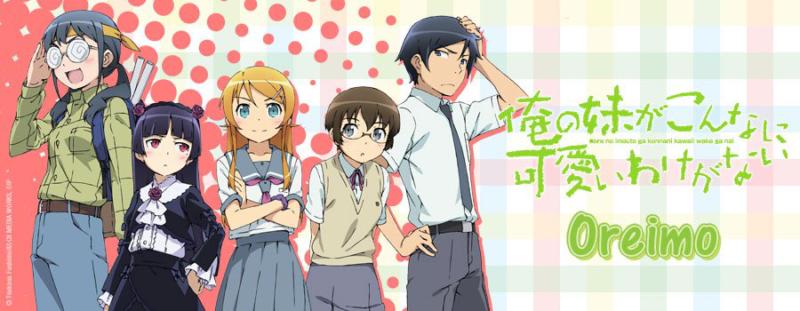
First, I’ll start with the good. Oreimo, which is short for Ore no Imōto ga Konna ni Kawaii Wake ga Nai or My sister can’t be this cute, has some great awkward nerdiness to several of its scenes. As the story goes, Kirino hides her obsession with little-sister themed anime to avoid being labeled as an otaku. She reveals this secret to her brother Kyousuke who encourages her to find friends who share the hobby. The theme quickly takes a backseat to the brother-sister complex the two share, which is unfortunate. The story would be much better if it focused on the need for acceptance and the societal and family pressures to be what you are not.
But the good first. I enjoyed the arc that involved Kyousuke and his sister’s friend Ruri, a fellow awkward otaku who is also a responsible sister. That is, I enjoyed the arc until it was abruptly dropped. The interplay between the two and how Ruri hid behind her cosplay persona had potential that was lost in favor of the brother-sister complex.
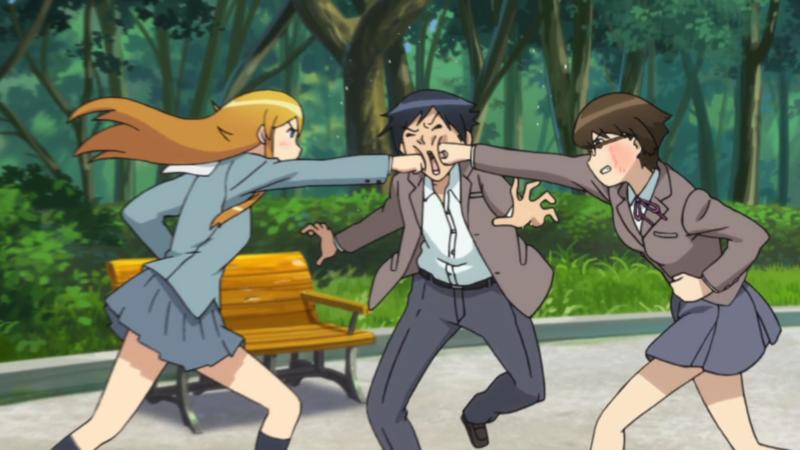
Don’t misunderstand. Kyousuke and Kirino have great bother-sister moments (without falling into the complex) because of the forced facade, but their parents never bother to intervene with this problem. The only time they do is when Kirino’s secret comes close to being revealed to her father. Kirino full-on slaps and physically abuses her brother in front of their parents, who don’t say a word. Now, in my family if anyone did that, my parents would end it on the first. Yet, this is played up as comedy or a quirk of her character. It makes violence seem okay because its a sister doing it to a brother. Abuse, however, is abuse. No one stops and says it’s wrong for her to do that, but if roles were reversed–her brother hitting her–someone in the story would have. Abuse is too often seen as male on female, but it can and often is reversed. Only men are expected to deal with it or otherwise be shamed for being beat up by a woman. Kyousuke just deals with Kirino’s abuse with only a few comments. The parents’ silence is particularly troubling. Other than a few scenes, they may as well been absent as they often are in these types of stories.
What’s more, Kirino’s facade is verbally abusive. Siblings often name-call, but she devolves into verbal abuse that goes beyond mere sibling quarrels. The nice sibling moments they have don’t fully counter the scenes of abuse.
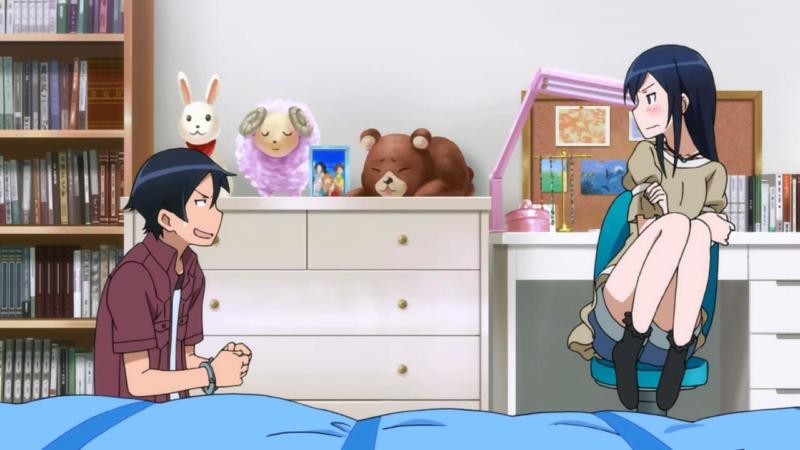
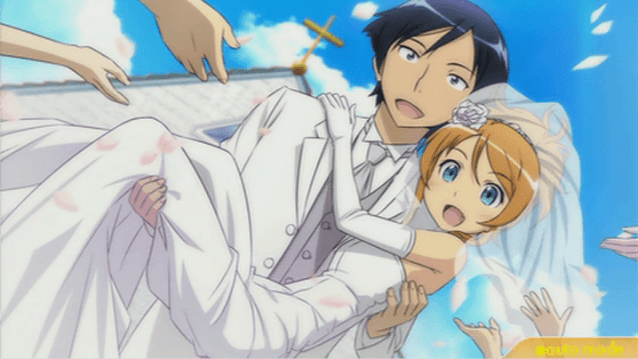
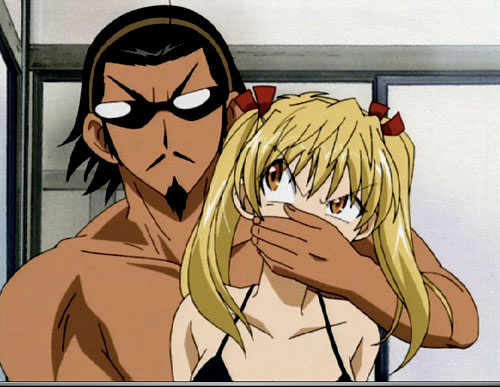
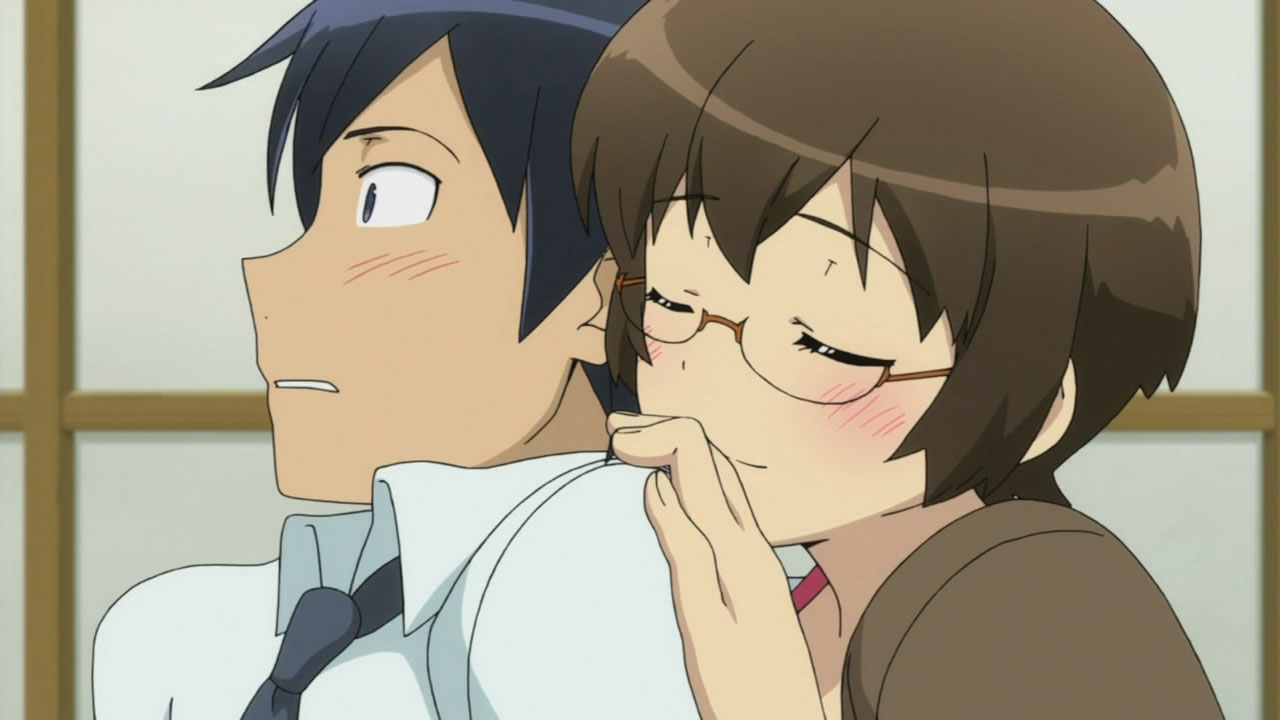
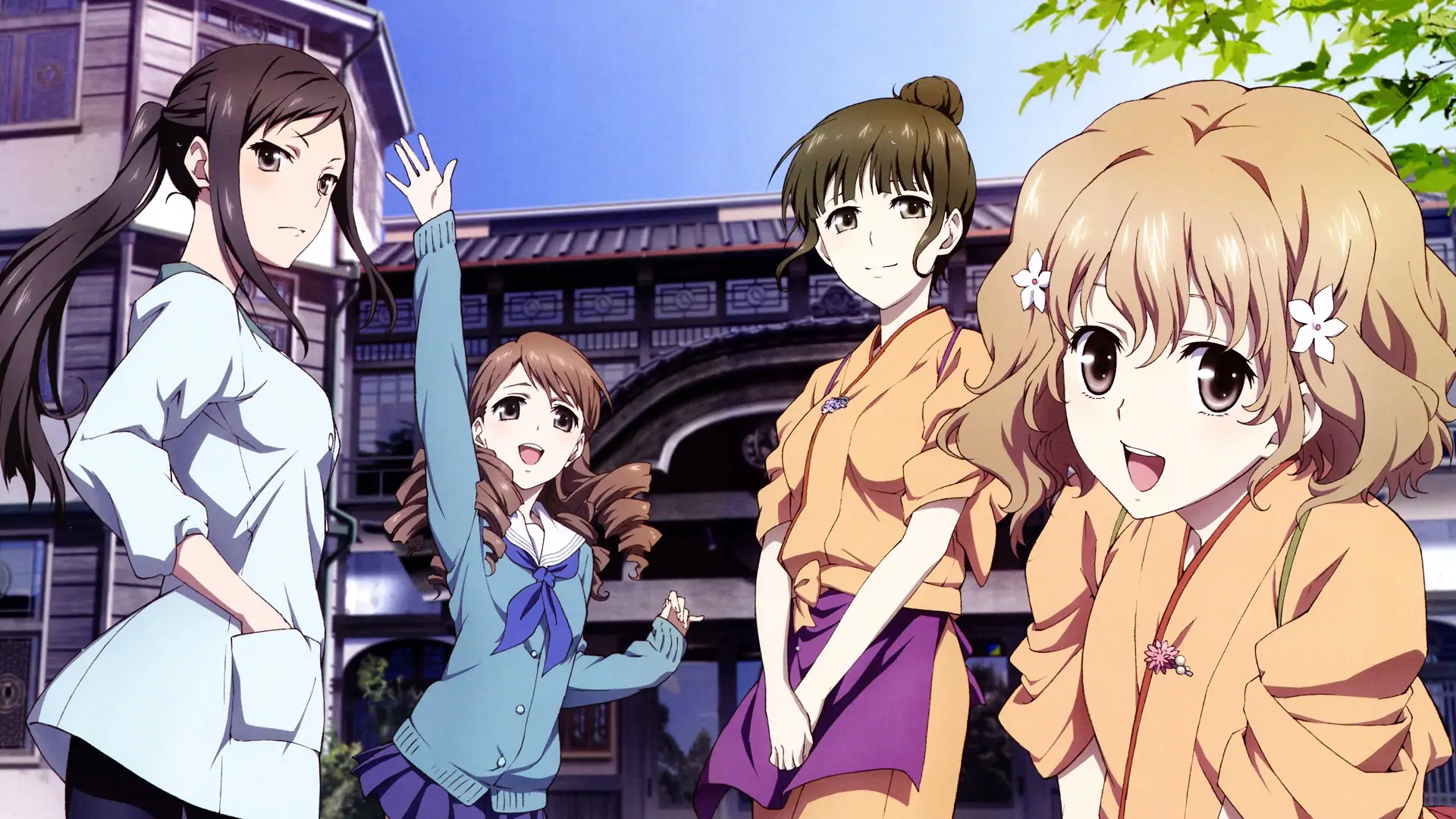
Not quite familiar with the Japanese norms and culture but I myself growing up from an old school Asian tradition, we have a mindset that males should be tough. When a male beat women, they are not real men. And if ever a female hit a man, he shouldn’t retaliate. It is very dishonorable for men to hit women. That’s how we view it in the old school tradition of our country. Perhaps there is a similarity of our norms with that of the Japanese because our country has once been conquered by the Japanese. Correct me if I’m wrong but perhaps if we got similar mindset, then perhaps this could explain why the parents don’t bother to intervene when their daughter beats up their son.
I also see this scenario between Sakura and Naruto. And I often wonder how it has always been similar in my childhood days.
I grew up with similar values; men should never retaliate. I hadn’t considered how those values may reflect on Oreimo and why the parents didn’t intervene. At the same time, it does appear to be bad parenting. After all, they don’t even tell him how to handle the situation short of violence. It’s a lost teachable moment. I chalked it up to anime’s typically absent and hands-off parents more than a cultural difference.